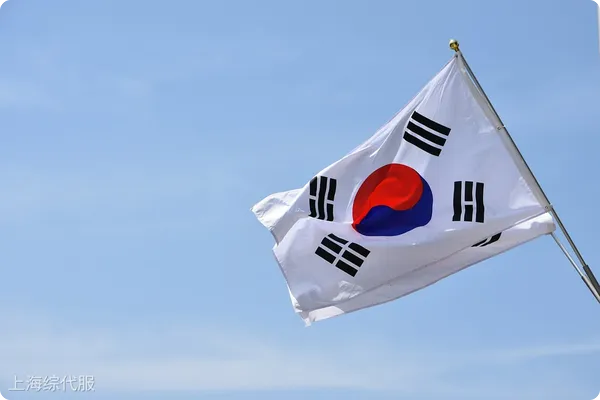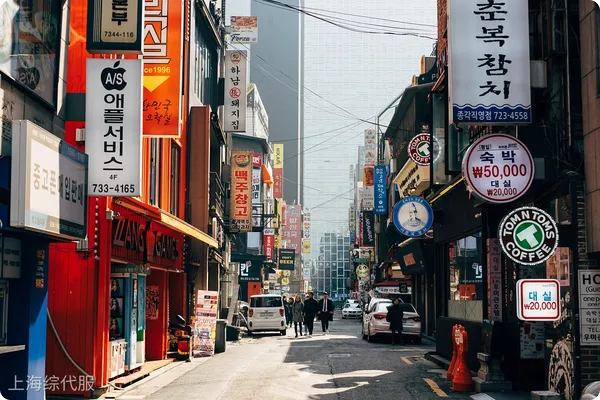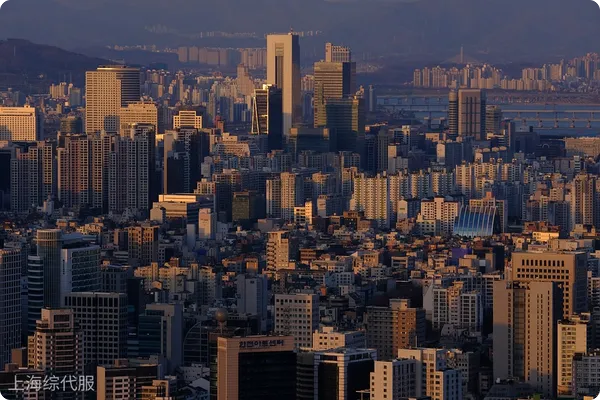On December 3, 2024, South Korean President Yoon Seok-yeol declared martial law, sparking clashes among all parties, and the National Assembly subsequently voted to revoke the martial law order. On December 14, the National Assembly of South Korea passed an impeachment motion against President Yoon Seok-yeol with 204 votes in favor and 85 votes against. His presidential powers were suspended and Prime Minister Han Deok-soo will act as president. On December 16, the Constitutional Court of South Korea held its first meeting on the impeachment of President Yoon Seok-yeol and decided to hold the first pre-trial hearing on the afternoon of the 27th. Yoon Seok-yeol is also facing a judicial investigation by law enforcement agencies, with prosecutors accusing him of crimes such as suspected civil unrest and abuse of power.

The political changes in South Korea have led to constant disputes in the country's political arena, and the political direction is full of variables, which has increased concerns about South Korea's political stability at home and abroad. At the same time, the turmoil caused by this chaos has also brought instability to the South Korean market and even the international economy.
South Korea's economy has been hit hard
1. Financial market volatility
- In terms of exchange rate: Since Yoon Seok-yeol issued an emergency curfew on December 3, the Korean won has been sold off, and the exchange rate has plummeted to a two-year low of 1,440 won to the US dollar. It is currently still hovering at 1,430 won to the US dollar.
- Stock market: Since December 4, the Korea Composite Stock Price Index (KOSPI) has fallen for four consecutive trading days, and the share prices of large-cap stocks such as Samsung Electronics have fallen. At the close of KOSPI on the 9th, it was 5.6% lower than on the 3rd, hitting a new low since the beginning of this year.
2. Export trade is hindered
- Decreased orders and demand: South Korea is a typical export-oriented country, with foreign trade accounting for more than 40% of its GDP. Political turmoil has led to increased economic uncertainty, and international buyers have reduced demand for Korean products. Nearly 30% of the small and medium-sized export companies surveyed in South Korea have suffered economic losses due to the political turmoil, and orders have been delayed, reduced, or canceled.
- Industrial development is suppressed: Semiconductors are a pillar industry that accounts for up to 20% of South Korea's exports, and its development is also overshadowed. It is still unknown whether a special bill aimed at improving the competitiveness of the semiconductor industry and revising subsidies and working hours restrictions can be passed.
3. Domestic demand market is sluggish
- Consumer confidence is frustrated: Political instability has made consumers worried about the future economic situation, consumer confidence has been hit, and consumption willingness has decreased. Data shows that South Korea's retail sales index has been declining for 10 consecutive quarters, setting a record for the longest consecutive decline since 1995.
- Declining investment willingness: Domestic and foreign investors are concerned about the stability of the Korean economy, and investment confidence has declined, which not only affects short-term market performance, but may also lead to a long-term reduction in foreign direct investment, further weakening the growth momentum of the Korean economy.

4. Slowing economic growth
In November, the Bank of Korea (central bank) lowered its forecast for South Korea's economic growth rate in 2024 from 2.4% to 2.2%, and lowered its forecast for 2025 from 2.1% to 1.9%.
Affecting China's foreign trade
1. Trade policy and market demand
- Increased uncertainty in trade policies: Political turmoil may lead to instability in the South Korean government’s trade policies, such as tariff adjustments and the establishment of trade barriers, which in turn will affect Chinese companies’ exports to South Korea.
- South Korea's market demand fluctuations: The current political turmoil in South Korea will inevitably affect the domestic economic situation and consumer confidence, leading to fluctuations in market demand. Consumers may reduce consumption due to concerns about the future economic situation, and China's demand for consumer goods exported to South Korea may decrease accordingly.
2. Industrial chain and supply chain
- Semiconductor industry supply chain is blocked: South Korea is an important part of the global semiconductor industry. The current turmoil may affect the production and operation of its domestic semiconductor companies, and then affect China's electronic product manufacturing industry. If South Korean semiconductor companies suffer from interruptions in raw material supply or stagnation in production due to political turmoil, Chinese electronic companies that rely on South Korean semiconductor components may face a shortage of components, affecting product production and delivery.
- Increased risks in industrial chain cooperation: China and South Korea have close industrial chain cooperation in the fields of automobiles, electronics, etc. This change may increase the risks of industrial chain cooperation between companies on both sides, thereby affecting the production plans and market layout of Chinese companies.
3. Trading Environment
- Trade scale and commodity structure: The emergence of political chaos in South Korea has affected the trade scale and commodity structure to varying degrees. The unstable political situation has caused companies to worry about future cooperation, and some projects that were originally planned to expand import and export scale may be shelved or reduced.
- Companies’ willingness to cooperate: Domestic political parties in South Korea are constantly squabbling and the game of interests among all parties is complex, making it difficult for companies to make stable expectations for long-term cooperation.
4. Exchange rates and financial markets
- Fluctuations in the Korean won exchange rate: Political turmoil often leads to exchange rate fluctuations. When the Korean won depreciates, the profits of Chinese export companies may be affected, while import companies will face pressure from rising costs.
- Financial market instability: The political turmoil is likely to cause instability in South Korea's financial market, affecting trade financing and cross-border investment between China and South Korea. Banks and other financial institutions may tighten credit, increasing the difficulty and cost of financing for enterprises.

Conclusion
In short, the ripples of the political turmoil in South Korea have gradually spread to China and even the world. For China's foreign trade industry, whether it is trade policy, market demand, or supply chain stability, it is facing unknown challenges and changes. Faced with such a situation, Chinese foreign trade companies need to pay close attention to South Korea's political dynamics and related policy trends, and make risk assessments and plans in advance. At the same time, they should actively expand other overseas markets, optimize the structure of trading partners, and diversify risks in order to better deal with possible unstable factors and ensure the stable development of import and export business.


 Follow customer service WeChat
Follow customer service WeChat